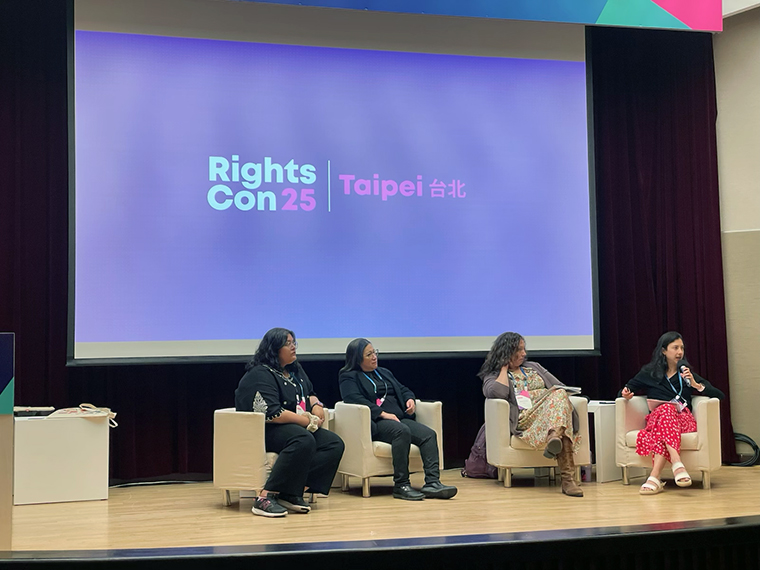Why Researchers Should ‘Translate’ Their Work for Business Practitioners

July 16, 2024
For the past three years, I co-edited the practice section of the Journal of Business Ethics (JBE). My aim has been to support the publication of applied research that addresses real ethical challenges that can help guide corporate practice.
The practice section at JBE was created because business ethics Professor Edward Freeman, the JBE senior editor at the time, wanted to make sure that the journal deals with “subjects that truly matter to the world”.
But this goal is not as straightforward as it sounds.
Scholarship for and about practitioners is neither part of standard academic training nor explicitly required elsewhere. The submissions that I received for the JBE practice section showed this. Practical implications were sometimes merely added at the end of theoretical articles without any recognition of their genuine relevance at the outset of the research. Or actual ethical challenges from practice were packaged in so much academic jargon that few practitioners would have the wherewithal to forge through such a piece.
Academic publication rules frequently force scholars into a theoretical perspective that render exploring exciting empirical phenomena as less relevant. Research gaps are defined from theory, and empirical cases are then merely used as illustrations of these gaps.
The JBE practice section allows researchers to flip this perspective: Articles can be driven by empirical cases that offer novel and interesting perspectives on business ethics in practice. Some of these cases might be just emerging and are not ready for full theoretical framing. Yet, studying them offers insights into potentially generalizable patterns that future scholarship can then test systematically.
At NYU Stern, the head of the Business and Society program, Professor Batia Wiesenfeld, calls the type of work we do at the NYU Stern Center for Business and Human Rights “translational research.” Our work emphasizes practical relevance and directly translates published research insights in a format that is easily accessible for practitioners. All of our research reports are available on this website.
Our research aims to shape public discourse and guide corporate action and policy-making. For example, we have developed guidance for human rights challenges of companies in the apparel, tech, investment, and construction sectors.
At last year’s Annual Meeting of the Academy of Management, there was more talk about responsible management scholarship and research with impact than ever. And centers like ours at NYU Stern, or the Geneva Center for Business and Human Rights at the University of Geneva, which I lead, show that the recognition for different types of research is growing. This trend needs to continue.
Instead of separating out practice-oriented research, academic journals should consider making developing practical recommendations the norm. Bridging between academia and practice should not be optional but required.
I gave up my editorial role in the spring but hope to see many more publications in the JBE practice section in the future. These articles can model what all academic business publications should strive for: seeing business practice and business academia as integrated spheres.
 Business Education
Business Education Business & Human Rights Leadership
Business & Human Rights Leadership


